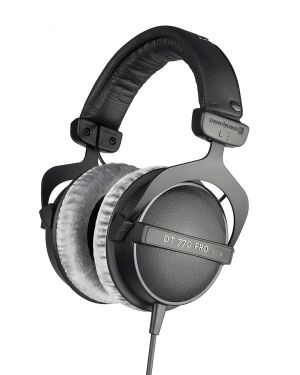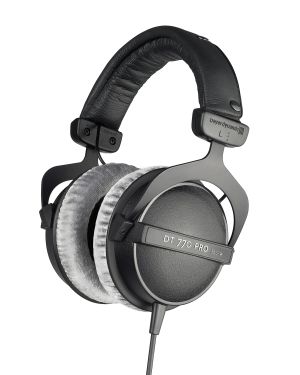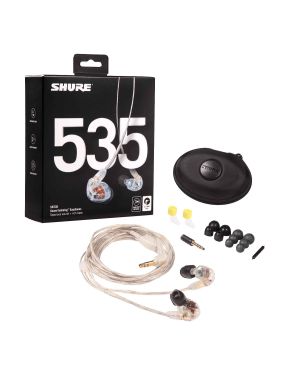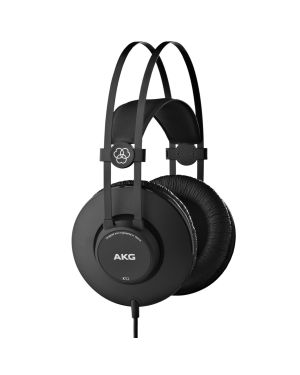
-
Best Seller
![Sennheiser HD25 On Ear DJ Headphones]() In Stock
In Stock -
Best Seller
![Beyerdynamic DT770 Pro Headphones 80 ohm]() In Stock
In Stock -
Best Seller
![Shure SE215 In-Ear Headphones, Clear]() In Stock
In Stock -
![Roland RH-300 Headphones]() In Stock
In Stock -
![Roland RH-5 Headphones]() In Stock
In Stock -
Best Seller
![Beyerdynamic DT990 Pro Studio Headphones]() In Stock
In Stock -
![Beyerdynamic DT770 Pro Headphones - 250 Ohm]() In Stock
In Stock -
![Shure SE-535 In Ear Headphones, Clear]() In Stock
In Stock -
![Audio Technica ATH-M50X Studio Headphones]() In Stock
In Stock -
![AKG K52 Studio Headphones]() In Stock
In Stock -
![Shure SE425 In Ear Headphones - Clear]() In Stock
In Stock -
![Sennheiser HD 25 Light On Ear Monitoring Headphone]() In Stock
In Stock -
![AKG K92 Studio Headphones]() In Stock
In Stock -
In Stock
-
![Yamaha HPH-MT7 Studio Monitor Headphones White - 49 Ohm]() In Stock
In Stock -
In Stock
-
Best Seller
![Shure SE215 In Ear Headphones Black]() In Stock
In Stock -
![AKG K72 Closed-Back Studio Headphones]() In Stock
In Stock -
![Yamaha RH5MA Headphones]() In Stock
In Stock -
In Stock
-
![AKG K712 Pro Headphones]() In Stock
In Stock -
![Sennheiser HD 300 PRO Monitoring Headphones]() In Stock
In Stock -
![AKG K 240 MKII Headphones]() In Stock
In Stock -
![TGI Dj Headphones H20]() In Stock
In Stock
DJ Headphones VS. Studio Headphones: What's the Difference?
To the untrained eyes (and ears!) they may seem similar, but there are some important differences between them: because they've been designed for different purposes, they work in slightly different ways: a studio headphone is designed to deliver a more natural, "flat" response, ideal for recording and mixing, where sound fidelity is essential.
A DJ headphone, on the other hand, is designed to deliver a punchier sound - with more bass and brighter treble, perfect to be used live in a loud environment.
Because they are designed to be used in rooms where music is played at loud volumes, they are traditionally closed-back headphones. More bass allows the DJ to hear the beats much better, which is crucial when doing a DJ set.
Dj's also prefer swivel headphones, because they can hold it to one ear only, while still listening to what's being played to the audience through the PA. This is a feature not required when recording or mixing.
FAQs
-
Which DJ headphones are the best?
Some of the best DJ headphones are produced by AKG, Audio Technica, Beyerdynamic, KRK, Presonus, Sennheiser, Shure, and Yamaha.
-
Are DJ headphones good for normal use?
You can use DJ headphones for everyday music listening, and you'll probably appreciate the added features that come on many models too. Some examples of these features include noise cancellation, added durability, and better frequency response.
-
Why DJ use headphones?
DJs use headphones in order to cue the next song and mix it in before it is heard through the speakers. This allows them to beatmatch songs and edit on the fly, meaning they can provide the best set possible.























